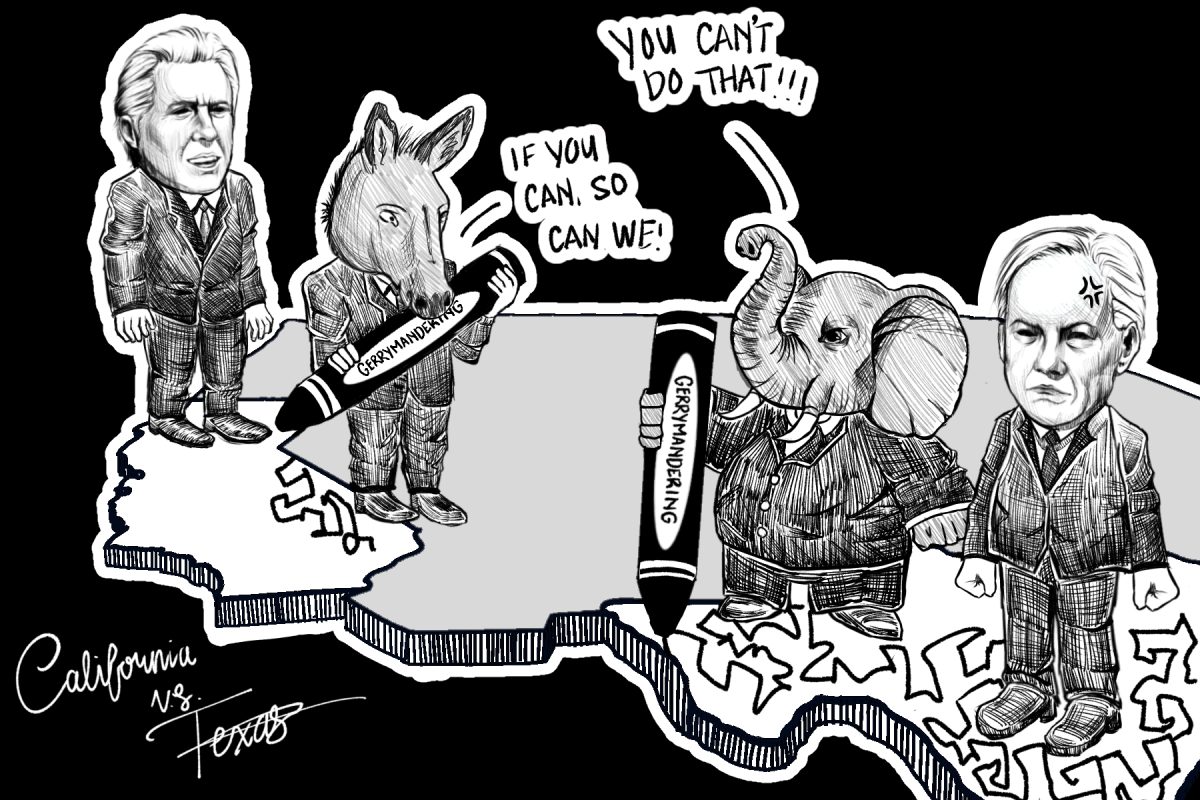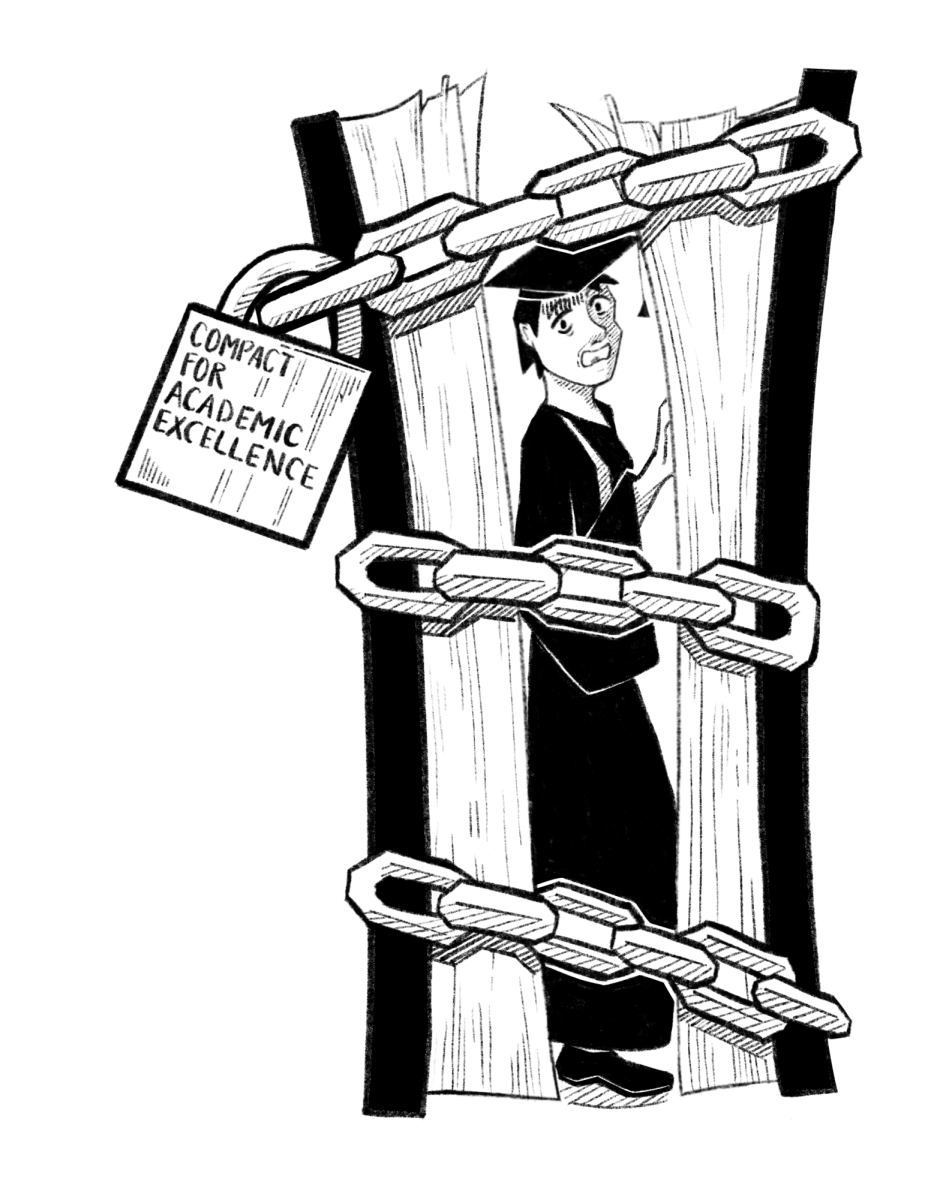On Sept. 23, Kamala Harris released 107 Days, a memoir detailing her brief yet historic 2024 presidential candidacy following former president Joe Biden’s mid-election withdrawal. In this uplifting memoir, Harris stresses that change is in the hands of the people and is still worth fighting for.
Harris effectively delivers her message through skillfully-written personal anecdotes. She shares stories of connection with minority communities in the United States, international leaders, and labor unions across the nation.
She stresses the significance of seeing beyond differences and coming together, which is especially important in a period where extreme partisanship is rampant. “This [campaign] is about reminding each other that we have so much more in common than what separates us… Seeing in the face of a stranger, a neighbor,” Harris wrote.
Her memoir centers around the idea that unity is the foundation for change and urges readers to pursue change for the betterment of America. Harris calls readers to action, asserting that this movement, and ultimately the fate of the nation, lies in the hands of the youth. It is the responsibility of these young adults to push for change, and for their elders to ensure they are educated and resilient. Through this message, she positions herself as a symbol of persistence and hope — even after defeat.
Although her storytelling uplifts, her memoir stops short of confronting deeper political challenges. She rarely offers explicit solutions to the issues she speaks of: abortion laws, ongoing wars, or the climate crisis.
107 Days also had an absence of accountability from Harris for her defeat. Her central grievance appears to be that she was set up to fail; her fight for presidency was disadvantaged by a limited time to establish her political identity. While this offers vulnerability, it also shifts responsibility outwards, with little mention of her own flaws. She argues she received little support from the Biden Administration, writing, “when the stories were unfair or inaccurate, the president’s inner circle seemed fine with it.”
Despite lacking introspection, Harris has continuously proven why she would have been a productive leader through her negotiations with foreign countries, improvements to reproductive care, and action against gun violence.
Ultimately, 107 Days succeeds as a portrait of endurance. Harris establishes herself as a resilient, persistent leader, and her story is an inspiration to those who must push against the expectations placed against them, even in loss. Her words — “When we go to the streets, we will go out of love of our country and belief in its promise,” — serve as both a reflection and a rallying cry.
While the book may not resolve America’s biggest challenges, it is notable for its motivational message and engaging storytelling. Ultimately, it showcases the importance behind Harris’s campaign: the 107 days allowed her to inspire the world and push for growth, reminding readers that hope and unity still matter.





























































